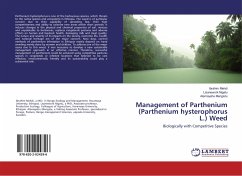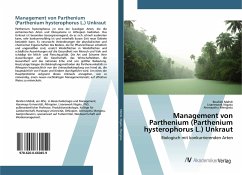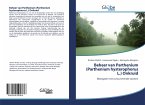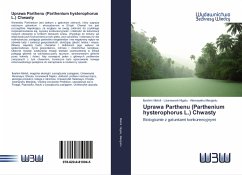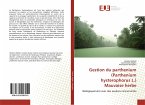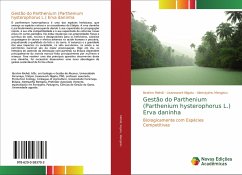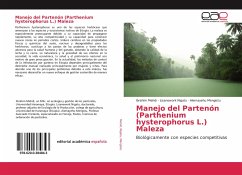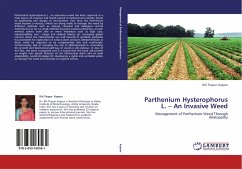Parthenium hysterophorus is one of the herbaceous species, which threats to the native species and ecosystems in Ethiopia. The weed is of particular concern due to their capability of spreading fast, their high competitiveness and ability to colonize new areas within short periods. It induces changes in the physical and chemical properties of soil, noxious and unpalatable to herbivores, replaces rangelands pastures and adverse effects on human and livestock health, damaging milk and meat quality. The nature and severity of its impacts on the society, economic life, health and national heritage are of the major concern. Now days, control methods of parthenium infestation in Ethiopia mainly depend on hand weeding mainly done by women and children. To address one of the major issues due to this weed, it was necessary to develop a new sustainable management approach in an effective manner. Therefore, successful management of parthenium could be achieved using competitive pastures species in rangelands or infested locations that believed to be cost effective, environmentally friendly and its sustainability could play a substantial role.

